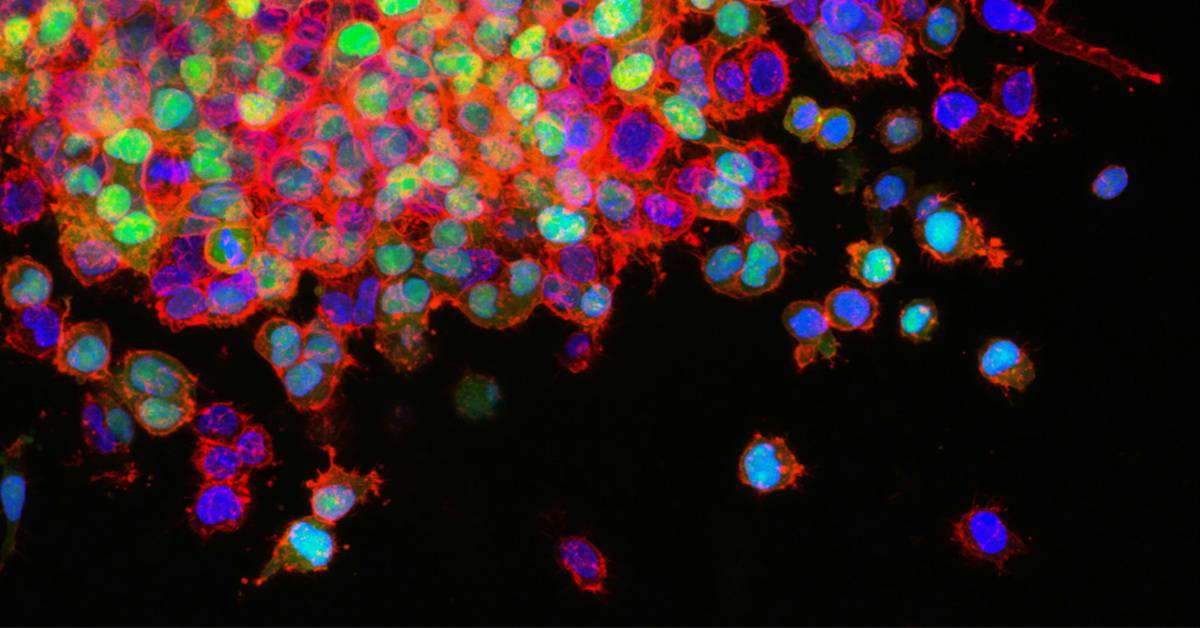
Photo by The National Cancer Society
Many Cancer Drugs Still Unproven 5 Years After Accelerated Approval
April 8, 2024
A new research report claims that many cancer-fighting drugs remain unproven upwards of five years after the Food and Drug Administration accelerated their approval.
The research was published in the Journal of the American Medical Association and discussed at the annual Association for Cancer Research meeting on Sunday in San Diego, according to the Associated Press.
The study found that between 2013 and 2017, 46 cancer drugs were granted accelerated approval. Of those, 63% were converted to regular approval. However, only 43% demonstrated a clinical benefit in trials. Therefore, this study concluded that although accelerated approval can be helpful, some cancer drugs do not demonstrate benefits in extending patients’ lives or improving their quality of life.
Dr. Ezekiel Emanuel, a cancer specialist and bioethicist at the University of Pennsylvania who was not involved in JAMA’s clinical research, said, “Five years after the initial accelerated approval, you should have a definitive answer. Thousands of people are getting those drugs. That seems a mistake if we don’t know whether they work.”
When patients get access to drugs earlier before final approval, the tradeoff is that some of the medications don’t pan out as expected. Therefore, the FDA is responsible for withdrawing drugs that simply don’t work.
The FDA claims drug companies must still conduct studies to confirm the anticipated clinical benefits. If the confirmatory trial shows that the drug provides a clinical benefit, then the FDA grants final approval.
Suppose the confirmatory trial does not show that the drug provides clinical benefits. In that case, the FDA must remove the drug from the market.
The accelerated approval program allows for earlier approval of drugs that treat serious conditions and fill an unmet medical need. This can considerably shorten the time required before receiving FDA approval.
The program was established in 1992 to expedite access to HIV drugs. Today, “85% of accelerated approvals go to cancer drugs,” and about 300 drug approvals have been made through that process.
Recent News
Tesla Employee Sleeps in Car, Loses Job Amidst Layoffs
Tesla, the Texas-based automaker, recently conducted layoffs affecting at least 10% of its staff. Among them was Nico Murillo, a production supervisor at the Freemont facility, who shared his layoff experience on LinkedIn.
Emergency Slide That Fell Off Delta Plane During Flight Found
The emergency slide was found 10 miles from JFK Airport.
Krispy Kreme Debuts New Rewards Program
Krispy Kreme is introducing a new program that piggybacks on its existing Krispy Kreme Rewards.
WeWork’s Bankruptcy Exit Plan Revealed
WeWork is charting a new course to exit bankruptcy, but without its former CEO Adam Neumann in the driver’s seat.

